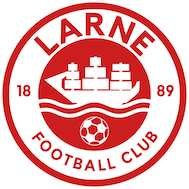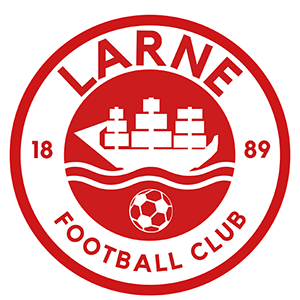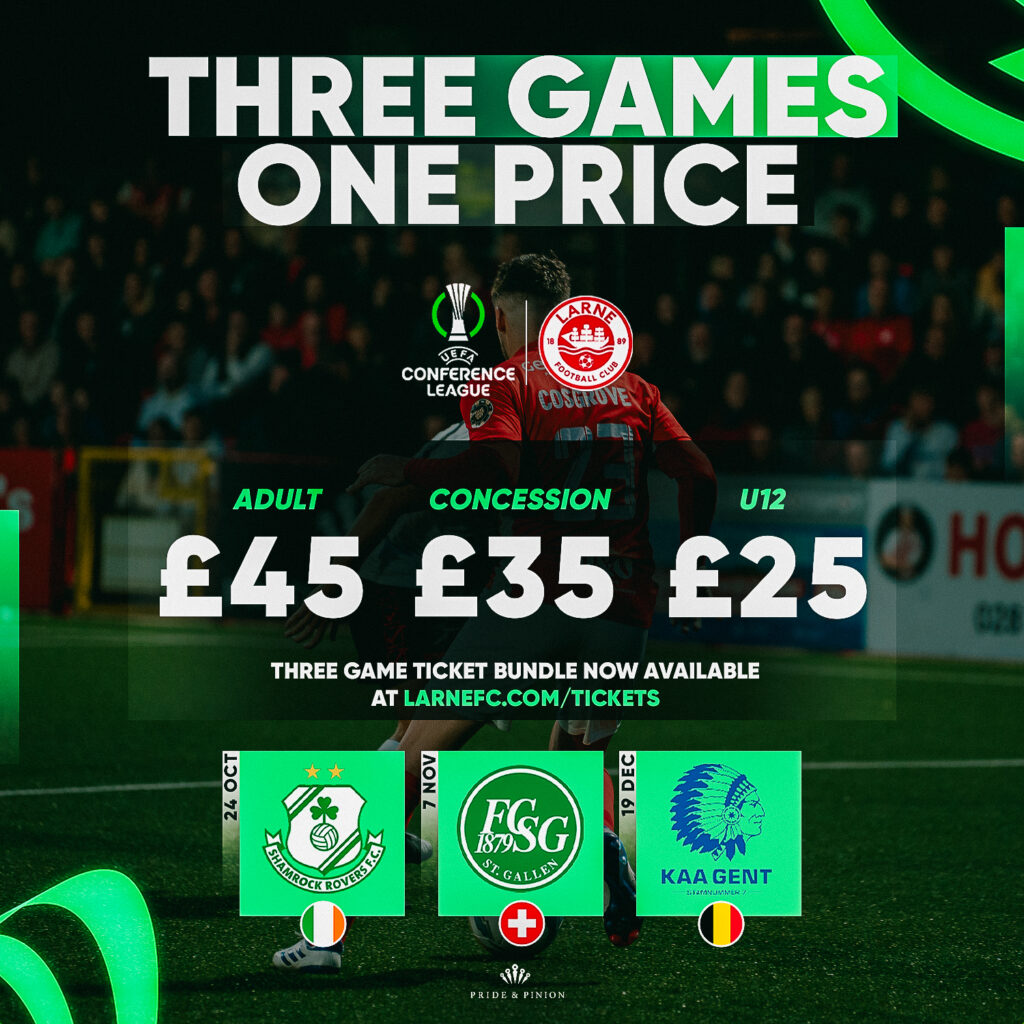OUR HISTORY
The Beginning
One hundred and twenty-five years ago, Rev. Turner, Mr WN Brown and L. Jackson Holmes watched a game of Association Football between Distillery, and the Black Watch Regiment of the army. Inspired by what they had seen, they organised a public meeting which took place on 14 October 1889. Twenty-six people attended the meeting, a committee was formed and Larne Football Club was born.
In the early days, the fledging club played against clubs against Ballyclare and the Fisherwick club from Doagh with home matches played at Sandy Bay. However, the club moved to Laharna Park when they couldn’t afford to build a perimeter wall at Sandy Bay required for the lease.
Interest in football in the town soared, and a second club, Larne Olympic was formed and the new East Antrim Junior League was established. Larne’s first major trophy success came when they won the IFA Junior Cup in 1901. Before the First World War, they added a Steel & Sons Cup and an Intermediate Cup to the roll of honour.
A New Home
The Great War caused a football hiatus, with the club ceasing activities until the war was over. The war’s end brought about a new start and home ground. They moved to public park grounds owned by the British Legion and passed to Larne Urban Council. These grounds were colloquially known as ‘The Legion’ but now go by the name Inver Park.
Larne entered Senior football for the first time in 1923, during this period they lost two Irish Cup Finals, in 1928 and 1935. The Second World War resulted in Larne being left out of the Senior League made up of Belfast clubs. Larne Olympic dropped the name Olympic, became the town’s foremost club, and won two Steel & Sons Cups in the 40s.
Larne entered the new Intermediate League, which sparked two decades of success for the club. The club won their first-ever Senior trophy by winning the Ulster Cup in 1950. They were B Division Champions twice and won two Steel & Sons Cups and an Intermediate Cup in the 50s.
The Inver Reds dominated Intermediate football in the sixties, winning the B Division eight times in nine years between 1963 and 1972, and bringing the Steel and Sons Cup home five times in the same period. The Intermediate Cup completed the set in 1970.
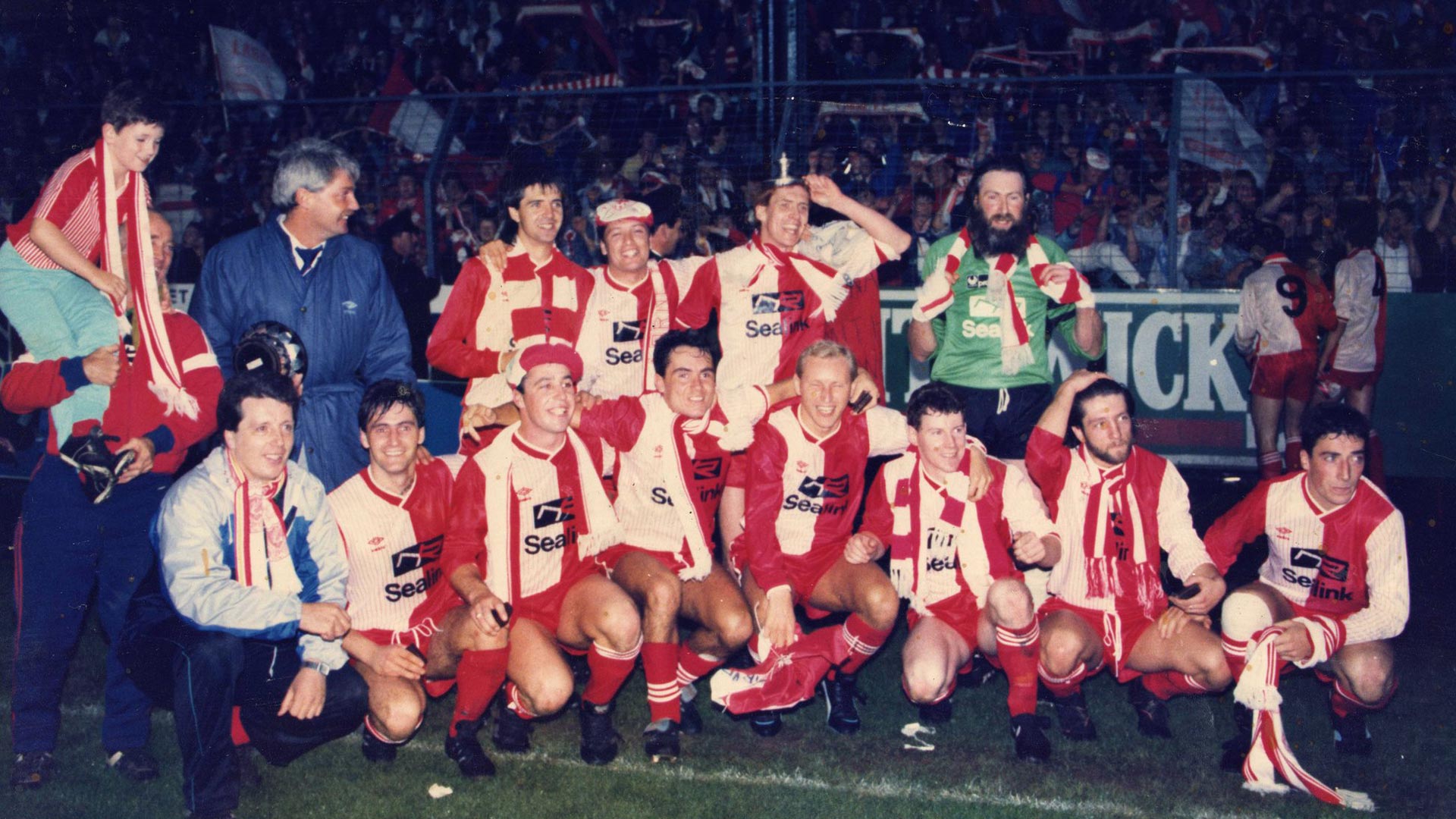
RETURN to Senior football
As a result of Derry City’s exit from Irish League football, Larne were admitted to Senior football once again in 1972. Larne made a number of Irish Cup Semi Final appearances without ever reaching a final.
It wasn’t until Paul Malone was appointed player/manager in 1984 that the Inver Reds began to make an impression, finishing as high as fourth in the league. It was in the cup competitions where Larne made progress, reaching a host of finals and semi finals including losing Irish Cup Finals in 87 and 89. The crowning glory of this period came in 1987, when captain Paul Carland lifted Larne’s second Ulster Cup following a 2-1 win over Coleraine.
Malone left the club in 1991 and Larne gradually slipped into decline, culminating in relegation to the new First Division in 1995. The club struggled to be competitive and to make ends meet in the late 90s until Tommy Kincaid took the reins in 2001.
Kincaid’s team won promotion in 2003 and reached a League Cup Final later that year, losing to Cliftonville on penalties. An Irish Cup Final appearance followed in 2005 during Jimmy McGeough’s reign, resulting in another defeat. However, Larne continued to go through a succession of managers and narrowly avoided relegation in this period until a restructuring of the league eventually relegated Larne back down to Intermediate football, where they remain today.
Under Paul Millar, Larne narrowly missed adding to their haul of Steel and Sons Cup triumphs when they lost the Christmas showpiece against Bangor in 2011 in front of a capacity crowd at Seaview.
Tommy Kincaid and Graham McConnell had brief spells after this, but stability was restored when David McAlinden took charge of the club in November 2013.
He was the latest man entrusted with the task of taking Larne back to the top of Irish League football and came within Goal Difference of securing a promotion play-off place, as well being just minutes away from a County Antrim Shield final appearance against Linfield.
A NEW ERA BEGINS
Tiernan Lynch was appointed manager in the summer of September 2017 and interest from outside the club grew with the investment of Kenny Bruce.
Kenny, a highly successful businessman from the town who helped to establish the worldwide estate agency business Purple Bricks, began investing on and off the pitch which, at the time of writing, has included a new state-of-the-art artificial surface, floodlights and ground renovation, as well as a number of top class full-time signings.
The first tangible sign of success came when the Championship league trophy was secured in the 2018/19 season with a record-breaking title win. With it came Larne’s return to the top flight for the first time in a decade. They entered it as a full-time outfit, with all of the expectations which came with it.
That first season was cut short because of Covid-19, meaning the next campaign kicked off later than usual, but it would prove to be a memorable one in more ways than one. The club’s 33-year wait for a senior trophy was ended when Jeff Hughes, who returned to his hometown club from professional football in England, lifted the County Antrim Shield after a penalty shoot-out victory over Glentoran at the Oval. The season also culminated with a European play-off victory over Cliftonville.
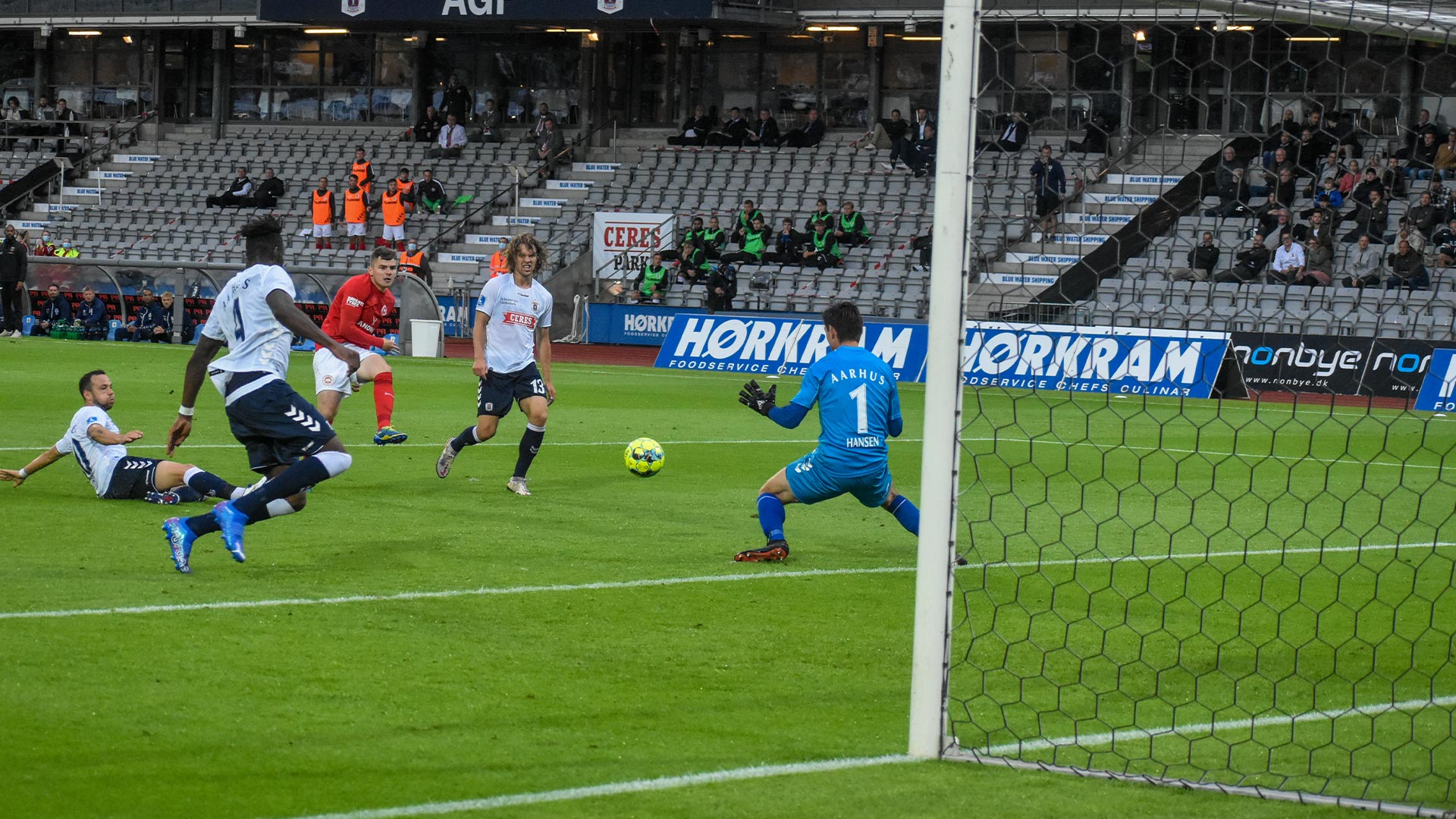
This allowed the club to embark on their first European campaign in its 130-year history – and the Invermen approached the Europa Conference League in some style. David McDaid scored the club’s first-ever European goal after just three minutes as two 1-0 victories over Welsh outfit Bala Town set up a second-round date with Danish side AGF Aarhus. Larne stunned their visitors with a 2-1 victory at Inver Park in the second leg and the job was complete when Tiernan Lynch’s side secured a 1-1 draw at Ceres Park, in Denmark’s second city.
The club eventually bowed out with a 4-1 aggregate defeat to Pacos de Ferreira, but not before winning the second leg at Inver. A two-legged tie with Tottenham Hotspur was the reward for the Portuguese side. With a record of four wins, one draw and one defeat across the six games it was an unforgettable introduction to life in European football.
The following season, in the 2021/22 campaign, the club retained the County Antrim Shield, this time defeating Linfield 1-0 at a packed Seaview. Once more European football was secured via the end-of-season play-offs, coming from 2-0 down to defeat Glentoran 4-2 after extra time with four goals from Ronan Hale. The European adventure wasn’t quite as long this time, going out to Gibraltar outfit St Joseph’s. It did however strengthen the club’s resolve to get back to the European stage in the future.
Kenny Bruce’s motivation has always been for the benefit of the town as a whole, and he is already seeing the fruits of this, with gates increasing 10-fold in some cases. Community engagement is at the heart of everything the club is doing and is showing huge benefits to the town as a whole, far beyond matchday. With the club’s first 5-year plan, Aspire2Inspire, having seen many objectives met, we are now following the current vision for the years ahead – For The Town.
The Invermen are currently embarking on an exciting journey, which everyone at the club hopes will culminate in a period of sustained success at the top end of Irish League football. Time will tell what can be achieved on the pitch, but there is no doubting the club’s ambition to write what could possibly be the most exciting chapter in the club’s long history.
